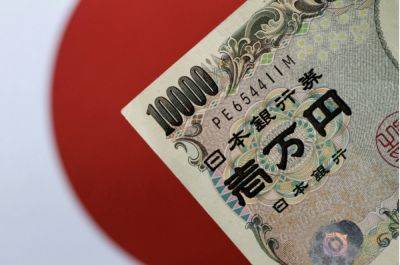Bank of Japan may exit the world's last negative rates next week. Here's what you need to know
Speculation is swirling that the Bank of Japan may move to exit the world's last negative rate policy as early as next week, when policymakers gather for their March meeting.
To be clear, most analysts expect Japan's first rate hike since 2007 to take place in April after policymakers have more evidence of a meaningful wage increase following the "shunto" annual spring negotiations between unions and employers this week.
"We continue to expect that the BOJ will terminate NIRP in April," Goldman Sachs economists led by Tomohiro Ota wrote in a Tuesday note, referring to the negative interest rate policy. "While a March rate hike cannot be ruled out, we believe that the BOJ's communications at this juncture are not clear enough to justify assuming the March hike as the base case scenario."
"By postponing the rate hike decision just for a month, the BOJ can collect more data, can obtain an opportunity to explain their views behind the major policy change through the quarterly Economic Outlook report, and can avoid a rate hike just before fiscal year end when many financial institutions close their books," they added.
While BOJ Governor Kazuo Ueda meets with his other eight board members eight times a year, the central bank updates its economic outlook only four times: in January, April, July and October. The BOJ's next meeting is March 18-19.
Despite "core core inflation" — which excludes food and energy prices — exceeding its 2% target for more than a year, the BOJ has barely budged from its current ultra-accommodative monetary policy posture that has been in place in 2016.
While the central bank has effectively loosened its yield curve control policy over longer term interest rates over the past 16 months, it has kept interest






